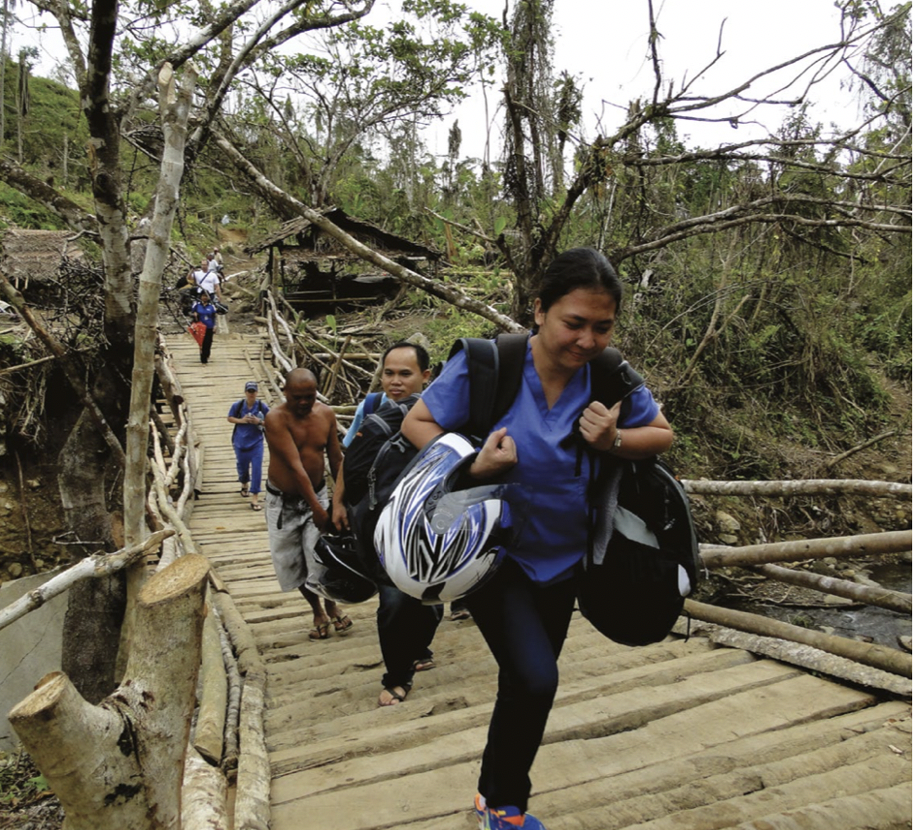Bringing the CHS closer to the people we serve – how we plan to increase engagement with national actors
In my experience of working with humanitarian and development organisations for 20+ years in countries including Chad, Niger, Mali, Democratic Republic of Congo, Bangladesh, crisis-affected people told me the same thing: there are real advantages that come from having strong national or local actors serving them. They bring proximity, accessibility of language and cultural understanding from being close to the community experiencing a crisis.
Yet all too often, national and local actors that are at the forefront of delivery can find themselves relegated to the margins and their added value not fully recognised.
The Core Humanitarian Standard on Quality and Accountability (CHS) was fundamentally designed to address power imbalances and as a universal standard that all organisations, regardless of size or geographical location, would adhere to. However, we have more to do to make that vision a reality.
Building on the learning from discussions with our member organisations, and also with key NGO networks such as Charter for Change and ICVA, CHS Alliance is scaling up our efforts in 2021 to listen and learn from national NGOs on how we best achieve this.

© International Medical Corps
On 1 March 2021 participants at our member-only online workshop on how to “localise the CHS” reaffirmed the importance of:
- Assuring the CHS, as a universal standard is owned by everyone. The Standard will not succeed if it is perceived by national organisations as imposed by their international partners. Members expressed their desire to see more national organisations joining and being active in the CHS Alliance membership and engaging with the CHS.
- Increasing the accessibility for National NGOs (NNGOs) of the CHS, the CHS verification and CHS Alliance services. This can be done by ensuring costs are affordable, using relevant local languages, adapting the proximity of the services provided, and recognising that NNGOs have many challenges to secure funding for assessments and certification against standards.
- Advocating recognition of the CHS by donors, including INGOs and UN agencies active in member’s countries as well as their home government bodies. NNGOs see the added value of CHS certification when donors in their countries recognise this achievement when it comes to shortlisting and awarding grants.
CHS Alliance will continue our programme of national member-led workshops and interactions with national and local organisations in the coming months to generate learning and update our plans, including our upcoming 2022 strategy, to take the CHS closer to the people we serve.
Join us at the events on taking the CHS closer to the people we serve in your country or region to share your insights.
You can also contribute to our plans through this this discussion paper which asks a few key questions. We would love to hear your views.
Please contact Bonaventure Sokpoh, CHS Alliance Senior Advisor on CHS and Outreach, on bsokpoh@chsalliance.org if you would like to discuss these plans in more detail or comment on the paper. Please do send your input before 30 April.
